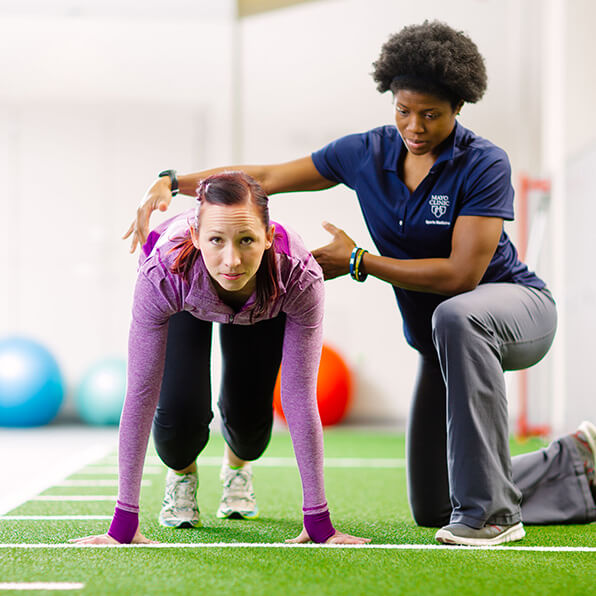The Essential Impact of Resistance Training on Enhancing Rehabilitation and Performance in Athletic Recovery
Wiki Article
Strength conditioning holds a crucial part in athletic rehabilitation, helping sportspeople recover from injuries and enhance their general performance. When an individual sustains injured, their physique needs time to recover. However, during this recovery phase, it is crucial to maintain power and mobility to avoid additional damages. Resistance training can be customized to fit the needs of each individual, concentrating on particular muscle areas that may have been affected by the trauma. This focused approach not only assists in recovery but also prepares the individual to return to their activity stronger than previously.

One of the main advantages of strength conditioning in rehabilitation is its capability to enhance muscular strength and stamina. When muscular tissues are stronger, they can more effectively support articulations and reduce the chance of re-injury. For instance, an athlete healing from a leg injury can gain from exercises that fortify the thigh muscles and hamstrings. These muscular tissues play a vital part in supporting the knee joint. By including resistance training into their recovery program, individuals can regain their power more efficiently and safely.
In furthermore to developing strength, strength conditioning also improves mobility and scope of motion. Many traumas can lead to stiffness in the injured region, making it challenging for individuals to move easily. Resistance training workouts often involve stretching and lengthening the muscles, which can assist reestablish flexibility. For example, adding resistance straps or dumbbells into stretching programs can improve the effectiveness of these workouts. As mobility improves, individuals can execute movements more effectively, which is crucial for optimal capabilities in their activity.
Another important factor of resistance training in sports rehabilitation is its beneficial effect on mental health. Recovering from an trauma can be a difficult and frustrating experience for athletes. Participating in resistance training can offer a feeling of achievement and boost confidence. As individuals see gains in their strength and abilities, they may get redirected here experience more driven to continue their rehabilitation process. This psychological boost can be just as important as the bodily advantages, as a positive mindset can result to improved outcomes in recovery.
Finally, resistance conditioning can help athletes move back to their sport more smoothly. Once they have recovered their power and flexibility, individuals must to practice sport-specific actions to ensure they are ready for contests. Strength training can be combined with activity-specific drills to create a holistic recovery program. This blend allows individuals to not only recover but also enhance their capabilities. By focusing on both rehabilitation and performance, resistance conditioning becomes an essential instrument in the recovery process, assisting athletes return to their activity stronger and more durable.